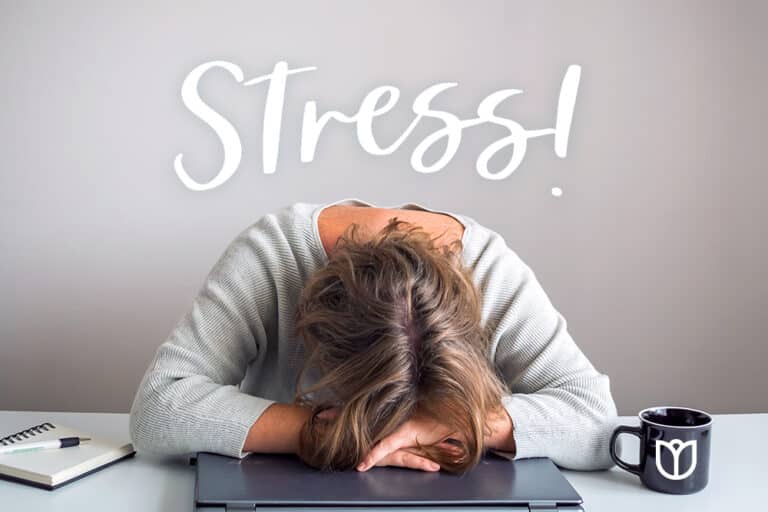
image by montnature
Stress is unavoidable in life, but it is important to manage it in order to maintain overall health. Something that is largely overlooked as one of the most natural ways to remove stress from your life is simply staying hydrated. The mind and body will work right with proper stress management and water to make sure you have balance in both systems. In this article, we’ll take a look at how water aids with stress relief, what an ideal daily amount allocated is, and other essential hydration-based insight.
How Does Water Relieve Stress?
When you are dehydrated, your body releases increased levels of cortisol, the stress hormone. That can magnify feelings of anxiety and tension and make daily stressors feel even more overwhelming. Conversely, drinking plenty of water aids in the regulation of your nervous system, minimizes feelings of fatigue and enhances your mood.
Researchers have found that mild dehydration can impair cognitive function — and elevated stress levels. Just by making sure you are getting enough water every day, you can help your body manage its built-in stress response and enhanced mental clarity.
How Much Water Do Humans Need?
The location, age, weight, activity level, and climate determine how much water people need. Experts typically recommend at least 3 liters of daily water intake for men and about 2.2 liters for women, on average. But how exactly does 3 liters of water look? That’s roughly 101 ounces or just under 13 cups.
In case you ask “How much of your body is water? —it’s around 60% in adults. As so much of our body is water, very mild dehydration can have an adverse impact on both our physical and mental performance.
Stress-Related Signs of Dehydration
- Headaches and dizziness
- Acceleration of pulse and anxiousness
- Dry mouth and fatigue
- Difficulty concentrating
- Mood swings and irritability
Whenever you feel stressed, just drink a glass of water (typically 8oz but can also be anywhere from 8oz to 16oz depending on the size of the glass), this will instantly help hydrate and calm you down.
Could Drinking Too Much Water Make You Have Loose Stools?
Although it is advisable to drink in plenty of water, excess water can be harmful. Despite the importance of staying hydrated, consuming excessive amount of water can unbalance your electrolytes and cause digestive concerns, such as loose stools. To prevent this from occurring, try to take a balanced amount of what you consume and listen to your body.
Hydration Level = Quality of Water: The Best Water to Drink
However, not all water is created equal. Other contaminants may enter your tap water, which can have adverse effects on your health in the long run. A well-filtered water filter pitcher that promises to remove more contaminants makes sure you’re drinking the purest water possible. Removing harmful substances from your daily hydration can play a significant role in overall well-being and stress reduction.
Is Lime Water Good for You?
Yes! Besides hydration, lime water provides lots of health benefits. It’s high in vitamin C, which lowers inflammation and helps support the immune system. Lime water helps in digestion, improving skin health, and adding a pleasant taste to the water for increased intake.
Water Therapy: Nature’s Solution to Your Stress
In addition to drinking water, other types of water therapy can aid in stress relief:
- Warm Baths: A soak will ease tensed muscles, lower blood pressure and relieve anxiety.
- Fresh Water Drum sounds: The sounds of freshwater drum or natural flowing water create a soothing effect on the mind.
- Hydrotherapy — Submerging/swimming in water has a soothing effect on the body and it is known to alleviate stress levels.
Stressful Jobs Ranking & Importance of Hydration
While some occupations can be considered most stressful, such as those in healthcare, first responders, and corporate executives, and require high mental focus. These are demanding roles, and so these people are at increased risk of stress-induced dehydration. If you are in one of the most stressful jobs, it is even more important to remain hydrated to carry out work efficiently and with mental acuity.
Final thoughts: Don’t allow your stress to control you
Water is an effortless, inexpensive and effective option for stress relief. Staying properly hydrated is crucial from keeping cortisol lower to enhancing focus and reducing anxiety. No matter if you are drinking lime water, filtering tap water to maintain water purity, or listening to water drum beats for soothing sounds, water is a part of stress management.
So don’t allow your stress to manage you — begin making hydration a priority today for a more peaceful, healthier life.
Very researched and informative; this post stands out.